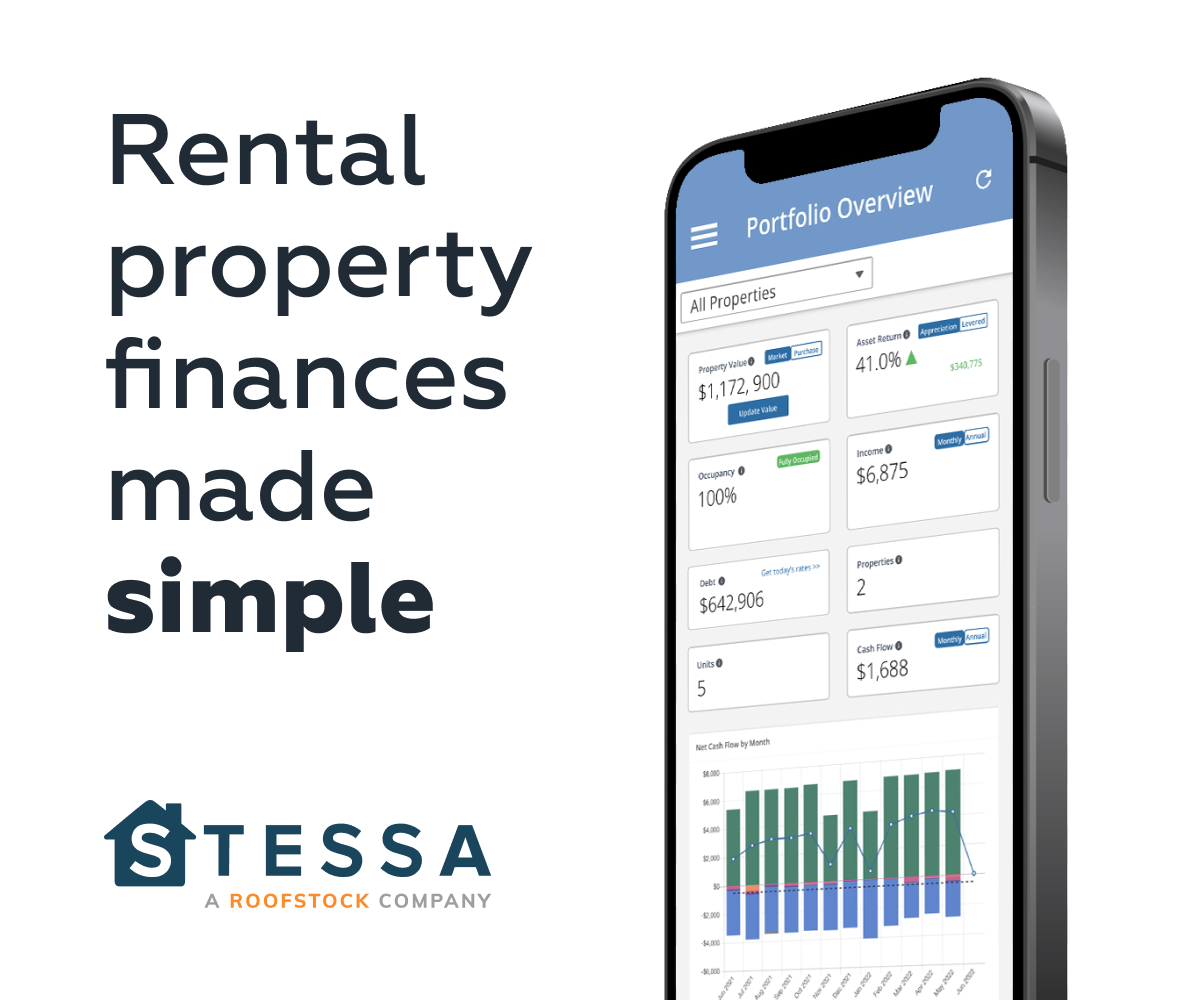What is Real Estate Syndication?

Real Estate Syndication is essentially when a group of investors comes together to mutually acquire investment property. Some members will only contribute investment capital, and others in the group will contribute their time and expertise, in addition to their own investment capital.
There are two main roles in real estate syndication: the active investor and the passive investor. The Active investor can frequently be referred to as the operator, sponsor, General Partner, or (of course) Syndicator. The passive investor is often call the Limited Partner or Capital Partner.
What Can You Invest In?
The options for real estate syndication investing are incredibly vast! In recent years the most popular asset classes for real estate syndication investors have been primarily multifamily apartment buildings, self storage facilities, and mobile home parks.
There are many options available beyond those. Single family rental portfolios, hotels and resorts, industrial manufacturing buildings, retail, oil and gas producing land, short term rentals… the list goes on!




For investors who are more interested in becoming the bank and investing in debt, there are also syndicated debt funds. These funds raise capital from passive investors and then loan it out to other real estate investors. Typically the individual loans are shorter term, higher interest than available from actual banks, which can allow these funds to generate a better return than the banks.
How to Become a Real Estate Syndication Investor?
There are two main roles in real estate syndication: the active investor and the passive investor. The paths are very different to become a passive investor, compared to an active investor.
Becoming a Passive Syndication Investor
For those who want to become passive investors, the process will typically look like:
- Save, Pool, Earn, or otherwise accumulate your investment capital. This is your main way in. Most real estate syndications have a $50,000 minimum investment. If you want to invest in several syndications over time, it’s best to have a few hundred thousand dollars in investment capital ready to go.
- Learn about the business. Education is the key to success for any real estate investor, whether active or passive. Get educated so you know how to identify good, experienced, ethical syndication teams and how to identify good vs bad investment opportunities.
- Meet Sponsors & Get on Investor Lists. Finding sponsors who fit your goals is the key. There are many ways to find sponsors, the key is learning how to sort between the good and the bad.
- Evaluate Many Deals. Try to avoid FOMO, the Fear Of Missing Out. There are a lot of great deals to be found out there, but try not to jump in too fast – whether that means jumping in to a bad deal or a deal that isn’t the right fit for you.
- Invest! Be sure to keep up with the monthly or quarterly updates issued by your sponsor. Many real estate syndication investments are highly illiquid, so you’ll likely be invested in a given deal for at least a few years.
Becoming a Syndicator (Active Investor)
Becoming a syndicator is actually a process of building a business. Businesses need teams, systems, processes, seed capital, income, and so much more. You should only go down the path of becoming a syndicator if you are absolutely, 100% dedicated to the process.
Here’s the process that helped me start my real estate syndication business
- Learn the Business. Naturally, you need to learn how your specific niche of real estate works, whether it’s multifamily, self storage, industrial, or something else. But moving beyond that, you need to learn the regulatory frameworks, how to work with investors, and so much more.
- Pick Your Markets. All real estate is local. At first you should stick to one, maybe two markets to invest in. The local market and economy must support your investment strategy, so pick carefully.
- Build Your Team. Evaluating deals, finding passive investors, working with banks, managing your property managers… you can’t do it alone. You need to build a team to handle parts of the business which are not your strengths.
- Build Your Investor Database. You should always be networking with potential passive investors. When it comes time to raise capital for a deal, you’ll be glad you did.
- Execute. Relentless execution is what separates successful real estate syndicators from those who never get off the ground.
How Are Real Estate Syndications Structured?
Similar to the question of “what can you invest in,” the question of structure is also highly open ended and can vary widely. Here we’ll focus on one specific example, but bear in mind that this is not set in stone.
Example: Investors are acquiring an apartment complex at 543 Randolph Street and structuring the deal as a syndication. The Syndicator starts 543 Randolph, LLC, which has Class A and Class B shares. In this example, Class A shares are designated to have equity and receive a preferred return, but no voting rights. Class B shares also have a percentage of equity, but also have voting and control rights. Class B shares only earn a return after Class A has received its preferred return. The syndicator then sells Class A shares to their passive investors, and the syndicator holds the Class B shares.
Kim Lisa Taylor of SyndicationAttorneys.com has a helpful article on her website, which delves into quite a bit more detail.
Who should be on the Team for a Real Estate Syndication?
Real estate syndications all have two main parties: General Partners and Limited Partners. Or, the active party and the passive party, respectively. Here we’ll dig into who should be on the team for a real estate syndication, focused on the General Partnership side. Limited Partners are passive investors and can be nearly anyone. Limited Partners have a totally passive role, so they do not participate the management or execution of the deal.
Who should be on the General Partnership team?
Who should be on the GP Team for a Real Estate Syndication?
Real estate syndications can encompass nearly any kind of real estate deal, so a specific business plan may have needs that other real estate niches do not. Here we’ll focus on primarily multifamily real estate syndication roles.
Asset Manager: Asset management is a level above property management. The Asset Manager ensures that the business plan is executed as intended, staying on time and on budget. They are responsible for managing the property manager.
Investor Relations: Keep in communication with your investors! Investor relations is responsible for building and managing investor relationships to make sure capital will be available when a deal needs to be funded, and that investors will be satisfied and communicated with on a consistent basis.
Lending & Capital Markets: Real estate investing is done with a mix of debt and equity. Lending and capital markets personnel are responsible for the debt side of the equation. They handle working with banks and debt brokers to secure the mortgage and/or preferred equity.
Acquisitions & Dispositions: These folks handle finding new properties to buy and selling properties the team currently holds. This team can also have the Underwriting role, aka the folks who are responsible for running the numbers on new properties.
Accounting & Finance: The run the books! This role is sometimes hired out to 3rd party firms, depending on the size of the syndication company. Someone has to be responsible for managing the books!
Construction Manager (maybe): Construction managers do exactly what it sounds like – manage construction on the properties. This role is not always necessary because not all real estate syndication deals have enough construction to warrant a specific construction manager role. This will often be handled by the Asset Manager or the Property Manager, with the Asset Manager overseeing the Property Manager’s performance.
Can one person do more than one role?
Yes! Smaller teams often have team members handling more than one role. Syndication teams should arrange their organization charts to maximize effectiveness and to leverage the strengths of individual players.
Why isn't Property Management on the list?
Property managers are key to the success of nearly all types of real estate deals. They handle the day-to-day of the business. So why aren’t they on the list?
Property managers do not need to be a part of the General Partnership. In fact, that can sometimes backfire by making it harder to terminate a 3rd party property manager.
I learned this lesson the hard way early in my investing career, when a 3rd party property manager had General Partnership ownership, but stole money from us. That resulted in a long legal battle, whereas if they had not had GP ownership it would have been a more clear cut termination & recovery of funds.
Legal Framework
Real Estate Syndications are generally private deals, not registered with the SEC as public offerings. Otherwise called a type of “Private Placement.”
Most real estate syndications are offered under the SEC’s Regulation D, Rule 506(b) or Rule 506(c). Regulation A (or Reg A) is also occasionally used by sponsors to raise capital.

The specifics are covered on the SEC’s website. If you’re looking to do a real estate syndication deal you’ll need a securities attorney to help you get the documents set up and to help keep you in compliance with the law.
Accredited investors have the most passive investing options, because they have access to both 506(b) and 506(c) syndications. The number of accredited investors who can participate in 506(b) and 506(c) deals is not capped. Unfortunately for non-accredited investors, they are limited to 506(b) deals only, and only up to 35 non-accredited investors can participate in any given 506(b) deal.






